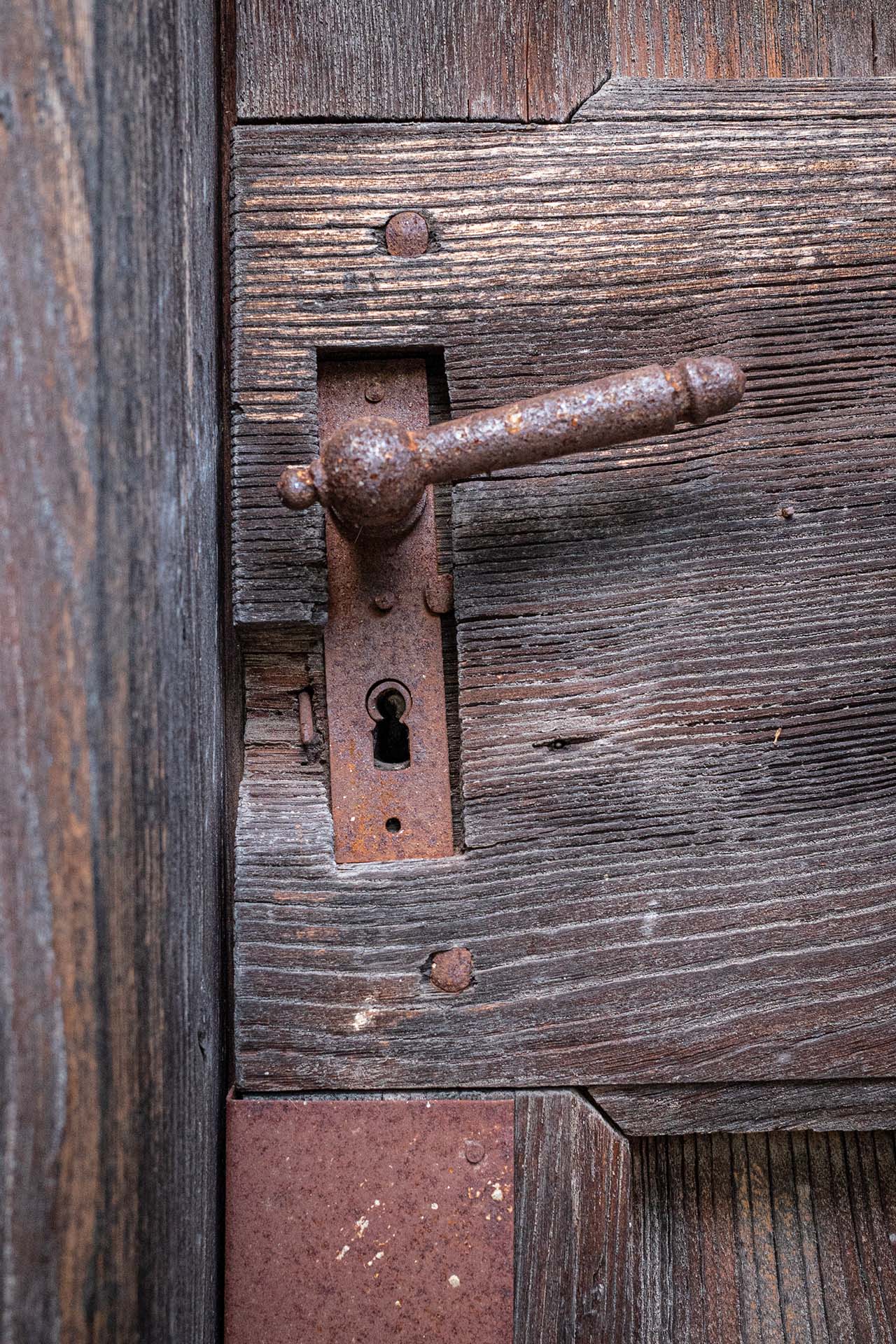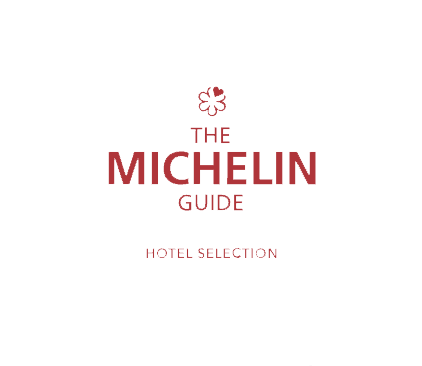
The frenetic life of the city is exhausting. Often we are unable to find meaning in what we do every day and we are reduced, in the evening, on the sofa, in front of Netflix, dreaming of a different, more concrete life in contact with nature. Probably, if you are here, right now you are thinking about how wonderful it would be to radically change your life and retire to a cabin. Disconnecting from the frenetic life of the city, rediscovering contact with nature and the simple things of life, and reclaiming your time seems to be the only sensible solution. And maybe it is.
Yes, I was the first to think about all these things when I decided to start the Hunum adventure, but before jumping into a real estate ad portal, there are a couple of considerations to make, which will lead us to the 5 mistakes to avoid , when we decide to drop everything and retreat to a cabin!
1- Don’t consider hidden costs
As romantic as the thought of leading a frugal life harvesting the fruits of the land is, buying, renovating and managing a cabin comes with costs. Many costs. A cabin with a small plot of land can usually be bought cheaply compared to an apartment in the city, but the costs of making it actually habitable can be very high. Even if the masonry appears intact on the outside, most of the time it will be necessary to proceed with the demolition and reconstruction of the entire structure, with complicated works of insulation from humidity and sumptuous structural reinforcements.
The huts are usually found in areas without infrastructure of any kind. It will therefore be necessary to budget the costs for connection to the electricity and water network. Let’s dream about the sewer connection, usually other solutions are used, such as septic tanks etc. I hope I don’t nip your dreams in the bud, but the electricity and water connection can cost more than purchasing the property itself. Obviously there are alternative solutions, but only if the cabin is lived in occasionally, and no form of productive activity is planned. Basically, don’t think about opening a farm and powering everything with solar panels and rainwater.
Another sore point is the vehicular access. We can renovate a cabin even at the top of Mont Blanc, but the use of helicopters and the difficulty of reaching the construction site come at a high cost. In my experience, you have to think that the total cost of the renovation is worth at least 3 or 4 times the initial purchase cost. But all in all it’s not worth getting discouraged, a two-room apartment in Milan would still cost you more.
2- Not having a clear financial plan
Unless you have a job that allows you to stay in smart working most of the time, to support yourself while breathing clean air and picking little forest flowers, you need a job! Well yes, even in the mountains you have to work. What a rip-off. The good news is that your cabin and land can be your source of income. For example, I created Hunum, which is an agricultural company with a processing laboratory and agritourism. I must admit that I actually got a little carried away, you can definitely live with less. The thing I discovered while working on the Hunum project is that mountain agriculture is very interesting, it is experiencing a new wave of enthusiasm from the public, and above all it has a high profitability per square meter. I will do a separate article on what can be produced in the mountains, but for now it is enough to know that crops such as small fruits, saffron, medicinal herbs and beekeeping, allow you to have a decent economic return, even on plots of land decidedly small, especially when considered in relation to the enormous extensions necessary for less specialized crops in the plains. Breeding can also be an interesting and profitable activity, even if I personally have decided to avoid it because having animals means having a commitment 365 days a year, and moreover I don’t think I would be able to see my animals as a daily dish. someone’s house. I know I’m being hypocritical, but there it is.
3- “The land is mine and I do what I want with it”
Wrong! Although living in a forest or in the mountains gives us a sense of freedom and release from the restrictive rules of the world, unfortunately the long hands of the law reach there too. And, if possible, in an even more invasive way than in the city. The laws protecting mountain territory, wooded territory and the laws protecting against hydrogeological risk are extremely invasive, and will be the greatest source of frustration you will encounter. According to Italian law, the forest is untouchable. You can’t cut it, you can’t transform it, you can’t build anything on it, and you can’t renovate, unless after an endless series of consultations, appraisals and checks. Oh and if a meadow has 4 branches that have been growing for more than 5 years… it is automatically classified as a forest. And obviously don’t think that if in the land register a land appears as a vineyard, for example, this has any value. 99% of it is still forest. It will feel like you are hitting a wall. The bureaucratic part will certainly be the most frustrating thing you have experienced in your life. Fortunately, however, the skein can be untangled. Through complex procedures, after appraisals and opinions of agronomists, geologists and so on, in reality a lot can be obtained, almost everything that is necessary. There are procedures for the transformation of a forest into agricultural land (with limitations of course), you can apply for the renovation of existing buildings, and, in the case of an agricultural company, it is even possible to build new ones. We need to arm ourselves with great patience, and with various trained and experienced technicians who are able to navigate the intricacies of Italian bureaucracy. So certainly the existence of constraints, sometimes incomprehensible, is a source of extreme frustration, but on the other hand it is reassuring to think that our environmental heritage is preserved. In a clumsy and at times amateurish way, but preserved.
4- Thinking that living in a cabin is like being on holiday
Let’s be honest: when we think of life in the mountains we all think of Heidi, don’t we? Jumping in the meadows, the goats saying hello, the woods clean and tidy (no one knows by whom or when), the sun shining. But the mountain kills, injures, interferes with our lives in a dangerous way. If we also combine this with the accident rate of agricultural activity, you are practically already dead before leaving.
Ok maybe I exaggerated a little. But I would like you not to think that living in a cabin is all sunshine and roses. As I already said in the previous article, in our cities we have secured human proliferation through the massive use of cement, chemical products, asphalt, ensuring that nature, where present, is polite and respectful towards nature. man, who dominates its habitat.
In the mountains, obviously, the roles are reversed. We and our house are in a clear minority, and the lush and completely anarchic and unruly nature always tries to have the upper hand. I’ll tell you a secret: keeping the land around the cabin clean is not like keeping the garden at home. There will be brambles, insects, reptiles of various types and even some mice. You can’t go down to the shop next door when you’ve run out of salt, and when it snows no one will clear your path. You have to do everything yourself. It is certainly all much more tiring, but it is an effort that can give a lot of satisfaction. The feeling of providing for oneself and one’s family, and not just in terms of zeros in a bank account, the satisfaction of being able to integrate with nature, finding compromises, without the need to tame and destroy it. These are all things that you will understand in the long run, and they will only confirm your decision. Which brings us to our final point:
5- Stand back
There will be times when the road will seem blocked to you. Certain problems will seem insurmountable to you, and you will come to curse the day you decided to embark on such a mission. It’s not masochism, don’t worry. But it is a radical life change, and as such it requires a moment of adaptation. Going from your office chair to cutting down a tree with a chainsaw is an incredibly long step. We need to adapt our body and mind to a different life, marked by new rhythms, and certainly with less comfort.
On the other hand, however, you will find a healthier lifestyle (you will no longer need to spend hours in the gym) with more human rhythms, regulated, as it should be, by nature, and no longer by a clock and a switch. But moments of discouragement must be experienced as moments of growth. Almost none of us grew up in the countryside, and it is completely normal to sometimes find ourselves unprepared without knowing which way to turn. But that’s exactly where growth happens. Take your time, don’t expect to reach distant goals quickly, but solve one problem at a time. Calmly. After all, this is also why you want to change, right? To take it easy. Life in the mountains is a continuous discovery, an exploration. Allow yourself to make mistakes, and learn from your mistakes. But never back down. It takes time and effort, but in the end you will be rewarded for your efforts with interest.
See you soon.




